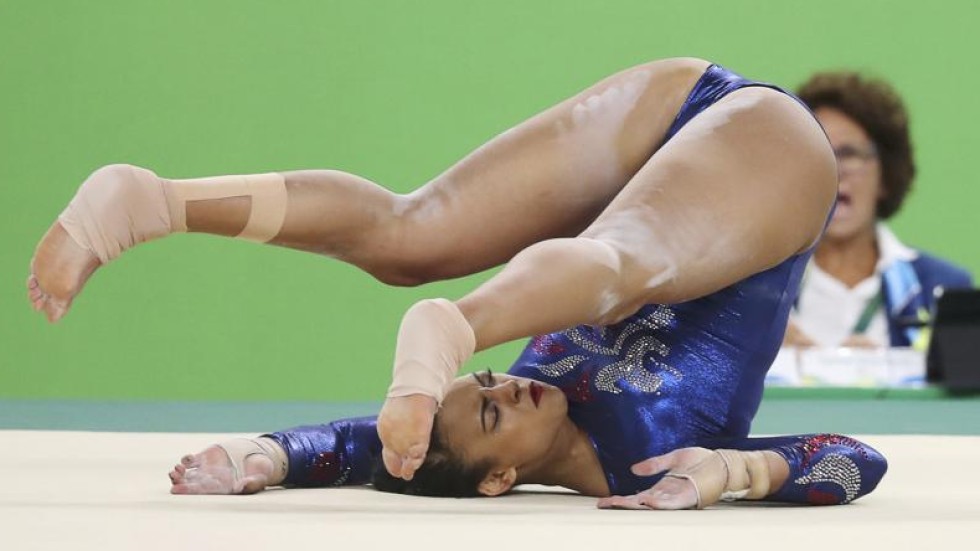The first week of the Olympics is over, the second has begun, and the world’s eyes are fixed on Rio and the athletes that have congregated there. One of the defining characteristics of Olympians is their incredible drive to succeed, to win, to power through obstacles.
That drive was never more apparent than when British gymnast Ellie Downie fell hard on her head and neck during her floor routine for the qualification round. Afterward, she got up and tried to continue for a few seconds before conceding that she couldn’t continue, stepping out of bounds and shaking her head with a dazed look on her face.

She was helped off and evaluated, but she was supposed to be back in action almost immediately. Her symptoms were heavily indicative of some sort of head injury, and doctors recommended she not to do the two vaults she was due to complete.
But she did anyway. She vaulted twice to help her team qualify, and then she competed again for the team finals.
In most sports and at most levels, such fall would have immediately forced the athlete in question to be evaluated for a concussion, and an athlete who shared Downie’s symptoms would have almost certainly been taken out of competition. But even if the athlete was deemed fit enough to return, the decision would not have been made by the athlete; it would have been made by medical personnel.
The stage doesn’t get any bigger or the pressure more tangible than at the Olympics. Downie has been praised for her determination and spirit, and her perseverance through the injury certainly was a testament to her mettle. Especially when considering the other women on her team counting on her performance to continue to the finals, her actions could be seen as noble.
But should we be treating this as a success story? Downie was very likely concussed, and by now we know how dangerous continuing physical activity with a concussion can be. Even if she was healthy, she made the decision to continue against advice from her coach and medical staff. Is this the something we want the next generation of athletes to aspire to? Ellie Downie’s courage, while admirable, is not the point; the example she is setting for the rest of the world is.
*Scientists have no conclusive evidence as to whether or how the reduction of g-forces during impacts reduces the number or degree of concussions and head injuries. GelDefender products provide supplemental padding as well as cooling and comfort benefits when used with helmets and caps. Participants in activities in which head impacts can occur should always use tested and approved helmets for protection. However, no helmet or supplemental padding can protect the user from all serious head or neck injuries that can result from impacts.





